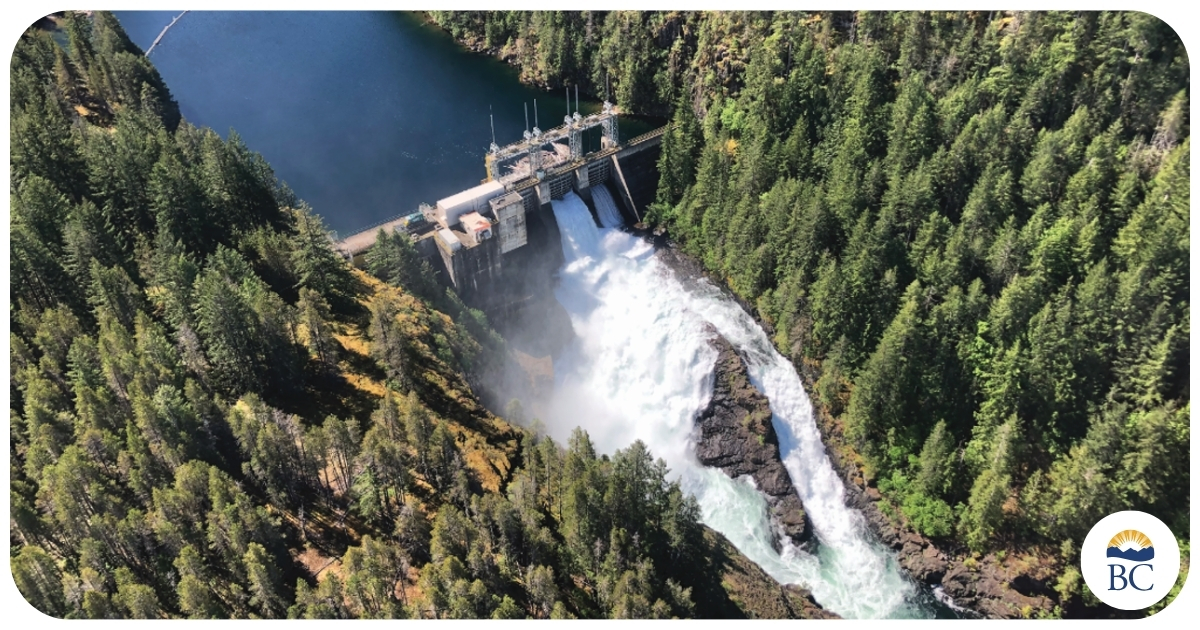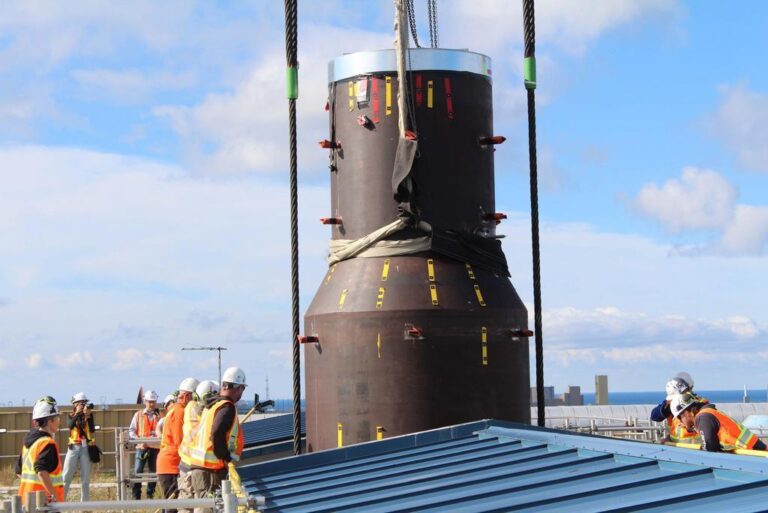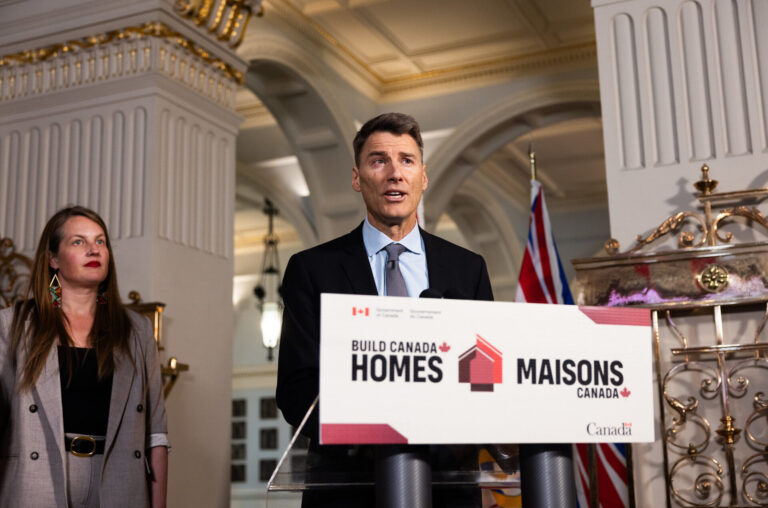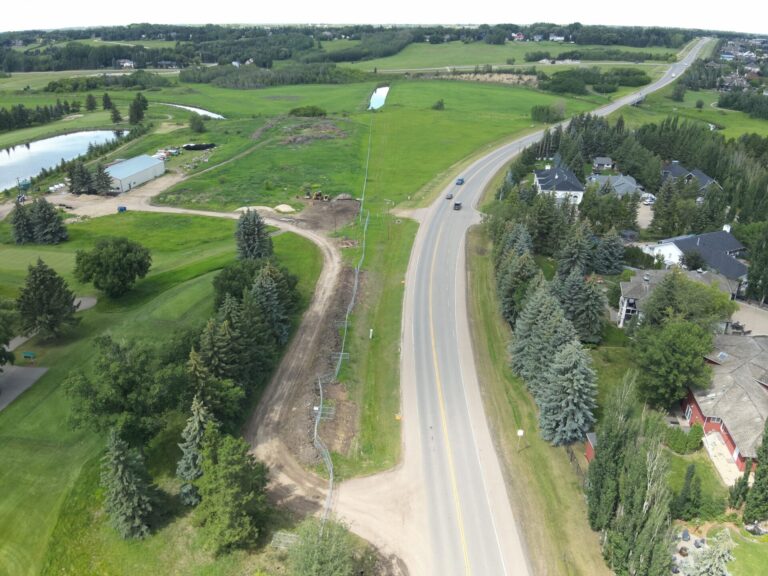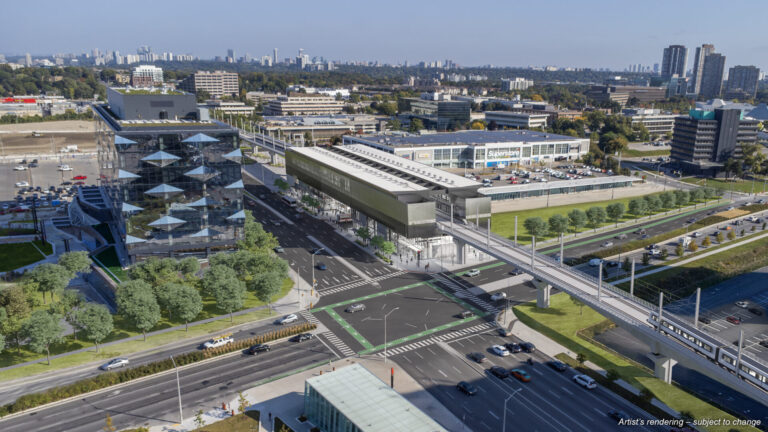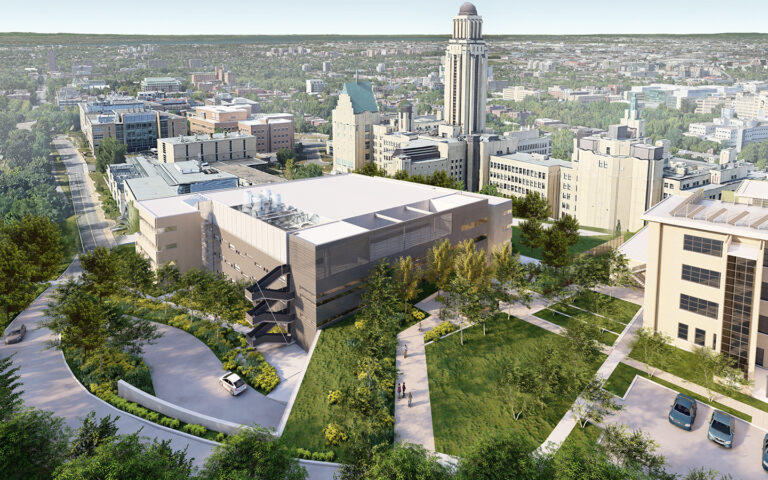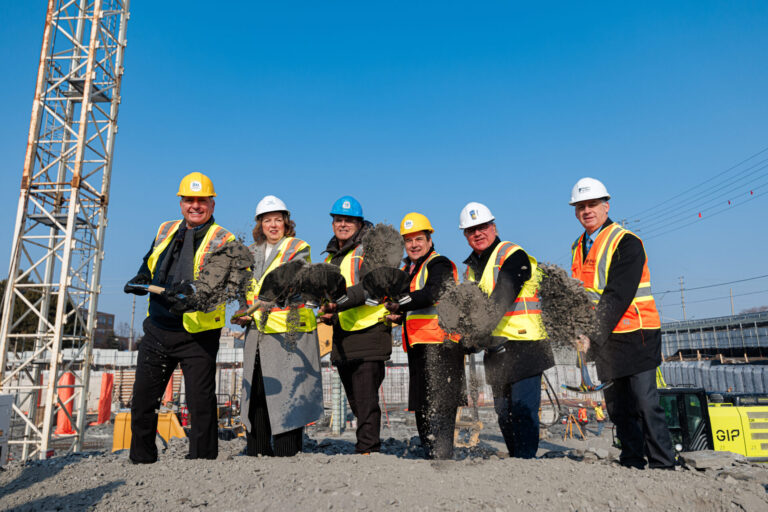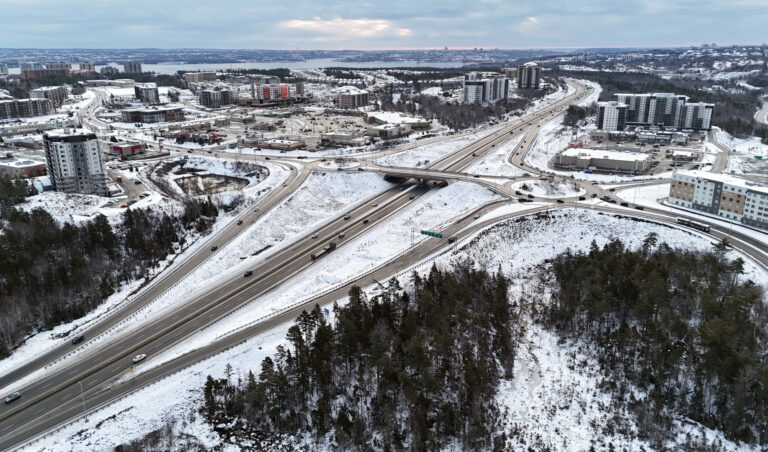The Government of British Columbia is introducing legislation to fast-track construction of the North Coast Transmission Line, that would double the amount of electricity flowing from Prince George to Terrace.
“B.C. will be the economic engine that drives a more independent Canadian economy – powered by clean energy, built through partnership with First Nations and driven by the hard work of British Columbians,” said Premier David Eby. “This legislation will help us move faster on the North Coast Transmission Line, a nation-building project that will deliver clean electricity to responsibly power industrial growth and job creation to increase prosperity for families, communities, our province and our country.”
There are significant opportunities in British Columbia’s traditional natural resource sectors, including mining, natural gas and LNG, and in emerging sectors, such as data centres and artificial intelligence (AI). The success of proposed major projects hinges on access to reliable, clean electricity at a competitive industrial rate.
“We must act with urgency to leverage our clean-electricity advantage and grow and diversify our economy,” said Adrian Dix, Minister of Energy and Climate Solutions. “Our new allocation framework will prioritize vital growth in sectors like mining, natural gas and lowest-emission LNG, while ensuring our clean energy is directed to projects that deliver the greatest benefit to British Columbians. We’re taking action to build the North Coast Transmission Line as fast as possible to accelerate the development and construction of major industrial projects and bring good, well-paying jobs to people in B.C.”
The energy statutes amendment act, tabled in the legislature on Monday, Oct 20, 2025, would:
- expedite the construction of the North Coast Transmission Line (NCTL) in partnership with First Nations, advancing economic growth and reconciliation;
- ensure electricity is available for sectors that produce jobs, generate public revenues, and have the greatest opportunity to decarbonize, including mining, upstream natural gas, LNG and manufacturing; and
- enable a process for emerging sectors such as data centres, AI and hydrogen to grow in a manner that results in the greatest benefit to people in British Columbia and the economy.
Government will also implement several regulatory and policy changes in fall 2025 that will:
- accelerate the timelines for the development and construction of the NCTL, and provide cost certainty for large industrial customers seeking to access clean power from the line;
- address growing demand for electricity from emerging sectors by enabling energy connections and growth by putting limits on the power available for data centres and AI, and enabling hydrogen production for export, prioritizing the most beneficial projects from these, with engagement on regulatory changes to begin in fall 2025; and,
- permanently ban new BC Hydro connections to the electricity grid for cryptocurrency mining to preserve the province’s electricity supply and avoid the overburdening of the electricity grid.
Legislative amendments will expedite the construction of the North Coast Transmission Line, one of 18 priority projects identified by the Province as essential to expanding B.C.’s electricity grid, diversifying the provincial economy and supporting the development of new mines, LNG facilities and port expansions. The 18 major projects identified include mines, renewable energy such as wind and solar, and natural gas that can be accelerated through government action.
Twinning the existing line from Prince George to Terrace and out to Bob Quinn Lake will unlock tens of billions of dollars in real, shovel-ready industrial projects across northwestern B.C., including the north coast. Once operational, the NCTL project is expected to create approximately 9,700 direct full-time jobs, contribute nearly $10 billion per year to GDP and generate approximately $950 million annually in public revenues for the province and municipal governments. Additionally, it will help prevent two to three million tonnes of carbon emissions annually, supporting B.C.’s climate goals while powering economic growth.
The next major steps for the NCTL project will be finalizing the details of the route and initiating select construction permitting. Construction is expected to start in summer 2026, with phased-in completion of the project targeted for 2032-34.
Regulations and directives related to the allocation of electricity for industrial projects in British Columbia will be implemented in November 2025, and a competitive process to access electricity for data centres and AI will be launched by BC Hydro in January 2026.
Featured image: (B.C. Government)

